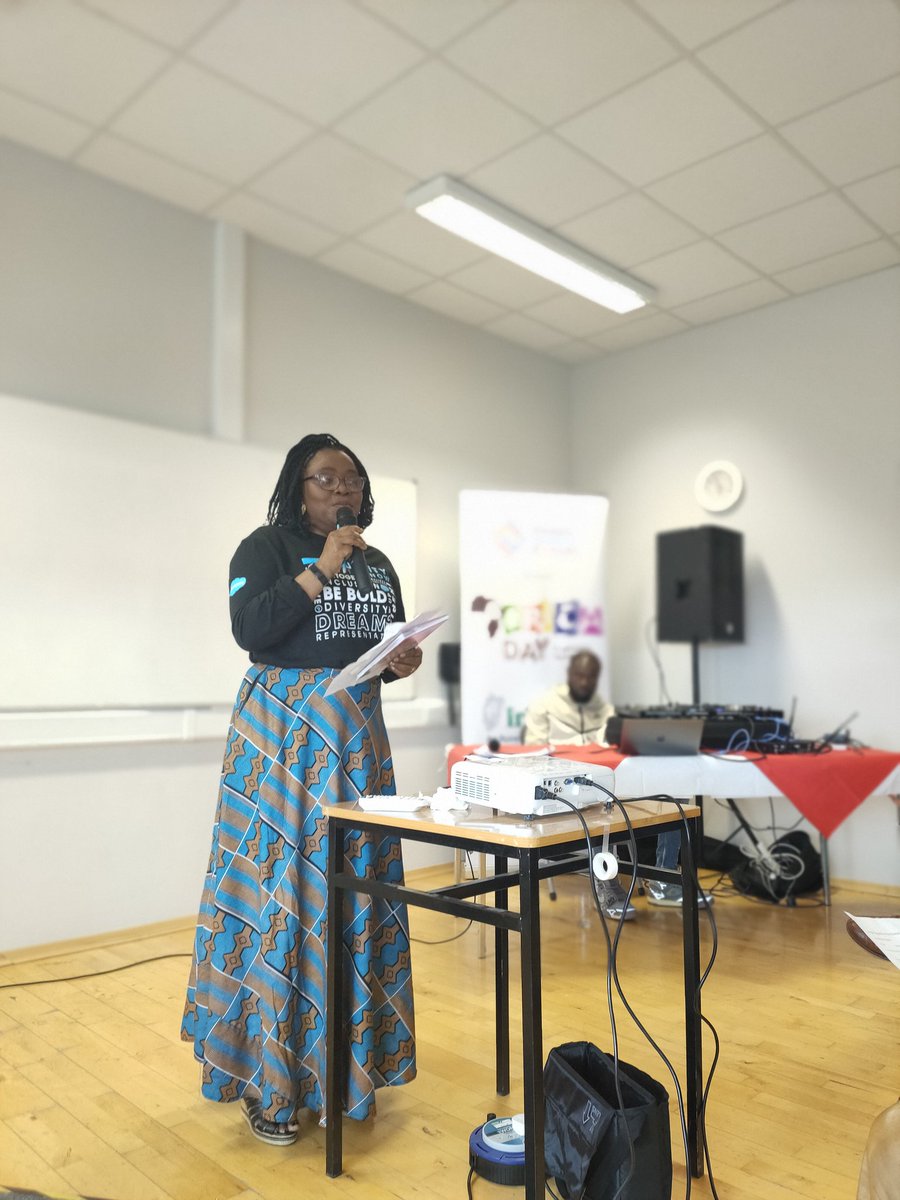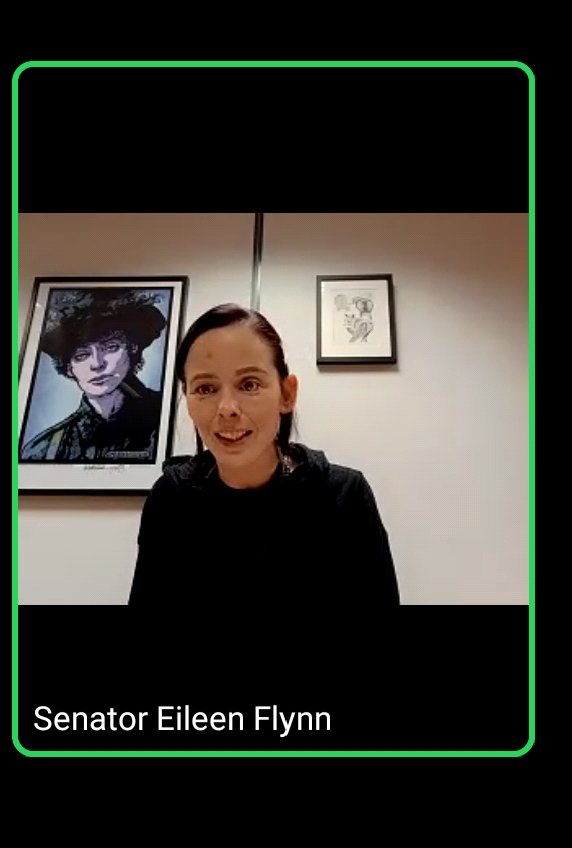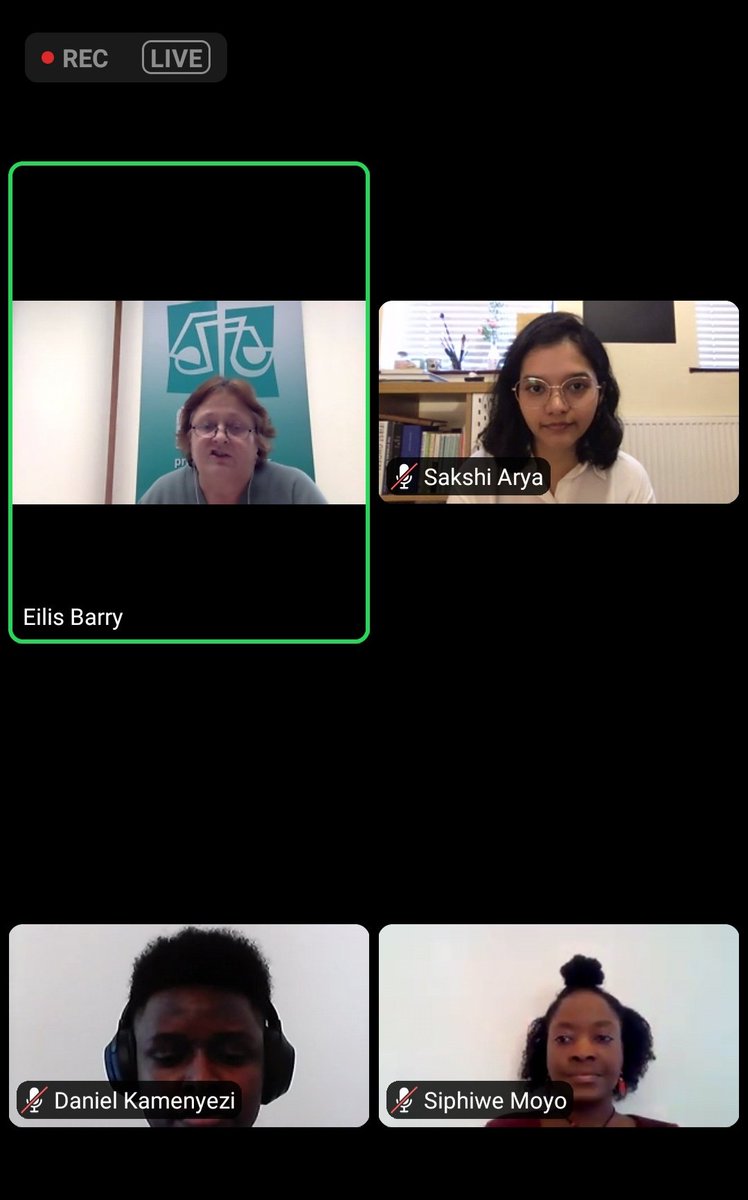
In my speech last night at Fingal Integration Forum about building Inclusive community, I spoke about the need for local community groups to hold public bodies to account, not just in formal mechanisms, but through local engaged and responsive framing of key issues
1. To keep public bodies deeply and keenly engaged with our communities, who they serve
2. Not to wait for consultation on the terms of the public body, but to prompt consultation on the needs of the people
2. Not to wait for consultation on the terms of the public body, but to prompt consultation on the needs of the people
3. to keep the local community appraised and informed of key issues and how they can respond effectively as individuals and groups
4. To track and complain about inequality & injustice in a robust way
5. To educate on & highlight different experiences of public services
4. To track and complain about inequality & injustice in a robust way
5. To educate on & highlight different experiences of public services
6. To provide a safe intermediary space for residents to discuss issues of unequal service or blocked access to services, for collective action (where individuals feel too vulnerable to complain with their own names)
7. To frame issues of inequality in public services as issues which are legitimate points of collective discussion by and within the whole community, not only the subject of individual complaints mechanisms, which can isolate and burden those most at risk.
The point is to "Trouble the comfortable, and comfort the troubled" (quote from Dietrich Bonhoeffer), and in this case, the comfortable are those in public services who see no urgency in addressing real community concerns unless they are packaged "just right".
Our challenge, as communities, is to make it inescapable that (a) public bodies see those issues through the eyes of the most affected by harmful/denied public services and (b) they account to the public they serve for harmful/denied services
As the public, we want to remove both (1) the burden which complaints mechanisms put on affected individuals, who are often multiply marginalised already and (2) push public bodies to be proactive, not reactive, to issues of inequality we raise.
These things are crucial to building an inclusive community, because local community integration projects will never rebalance the power of structural racism to exclude and divide communities, through harmful/denied service in education, health, policing, welfare, planning, etc.
To "comfort the troubled", we need local efforts which centre justice, inclusion and repair, accountability for harm and denial of public service, and share a vision of public service which really serves the public.
What do I mean by harmful or denied public service? Denied accommodation needs, denied welfare needs, denied access needs, school and police discrimination that leads to punishment and exclusion, denied healthcare, harmful public spaces or service access routes.
Ireland has an Equality infrastructure which the Minister last week described as excellent. But it is accessible to only a proportion of those who need it because it centres formal complaint, lengthy legal process, and promotes imbalance between the injured party and injurer.
Public services are not subject to that Equality mechanism either (major issue 🚩).
Neither is the Public Sector Equality and Human Rights Duty actionable by any individual against a public sector body.
Neither is the Public Sector Equality and Human Rights Duty actionable by any individual against a public sector body.
So relying on affected individuals to (a) name themselves and assume more vulnerable and (b) access and navigate difficult complaints systems, is not a path to equal service for all by public services.
That's where community action comes back in.
Local groups don't have to be huge, but they should be well networked. Like public bodies, it's okay to have a specialism. But many local groups addressing injustice and inequality often find themselves battling on all fronts.
Because the same group of people are affected, and public bodies (and even specialist local orgs) often don't want to confront how their services interact with others to create forms of multiple and interconnected exclusions that divide community.
By keeping the focus on the individual, blame is kept their too, and it's up to the individual to "prove" discrimination. That's not how this should work at all.
If we take seriously the concept of systemic racism, which reminds us that racism was part of the social system which created all of these public services, we should be reminded that the "public" is by default a homogeneous or limited set of groups
And in turn, they are often set up as more or less deserving service users, and that's built in to practices and policies of our public services. We have to act in unison and with rigour to change that.
Inclusive community projects need spaces to help us get to know one another and reduce isolation, and mechanisms to reduce exclusion, but to be sustainable, our work must address the collective experiences and institutional practices which reproduce these harms.
To tie up this thread, I'll just finish by going back to what I said last week at the @immigrationIRL conference: #integration without #equality is nothing more than #assimilation.
• • •
Missing some Tweet in this thread? You can try to
force a refresh












